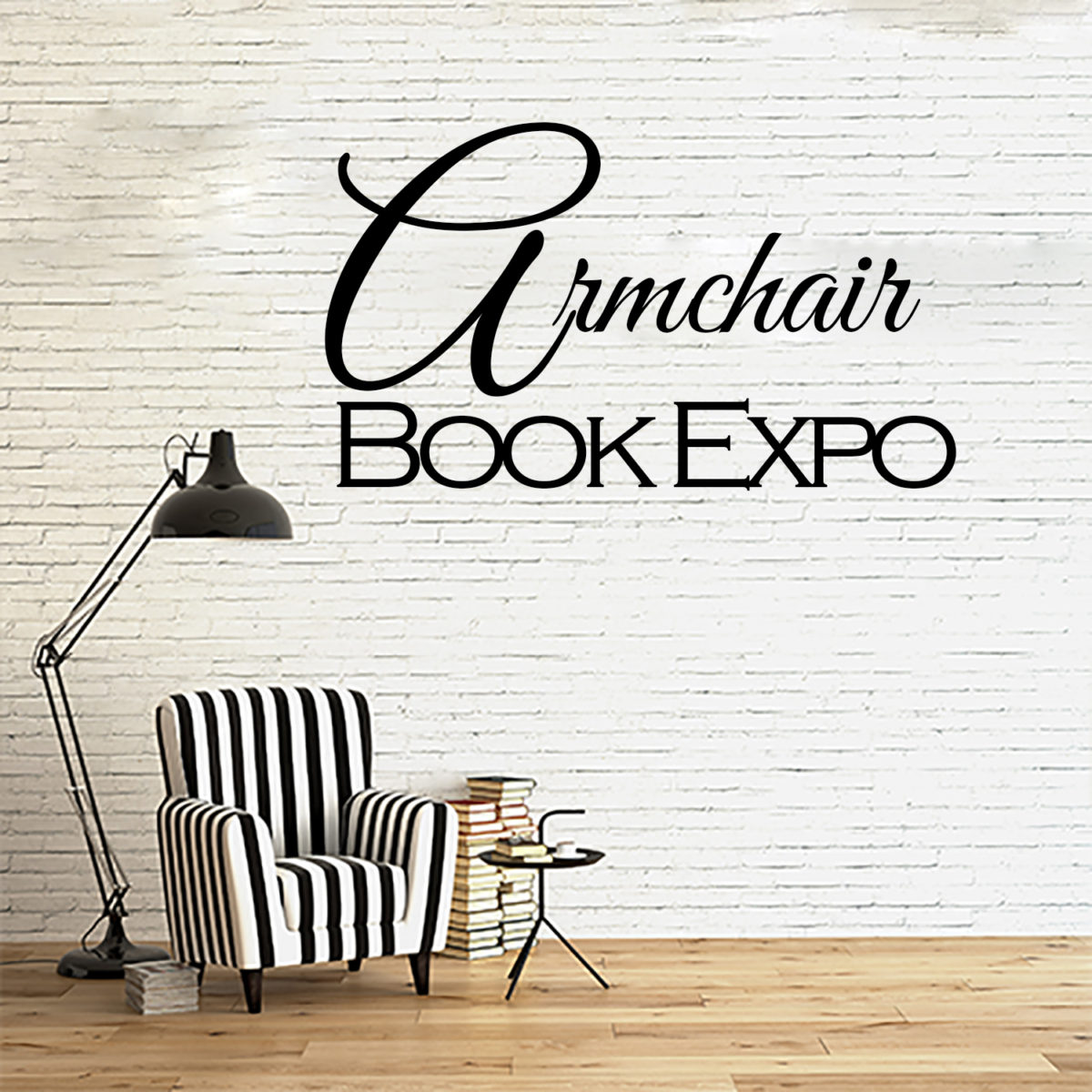Since I don’t have another book to talk about, I thought I’d continue with the blog prompts from this year’s Armchair BEA.
What makes or breaks a book? How do we rate the books, or determine if it is good literature or a good story? What do we want from an author event? How does diversity representation fit into all of this?
Is there any single thing that makes or breaks a book? Bad writing, I guess—by which I primarily mean the quality and readability of the prose. A multitude of sins can be covered by gorgeous language; likewise, the world’s most compelling plot or narrator can be irrevocably hampered by awkward, stilted, or just plain bad prose.
Then there comes the issue of story crafting, and how an author deals with things like plot, character, and setting, and I think all of those things end up being up to personal taste. The books I love best tend to be character-driven pieces where nothing much actually happens; the ones I put down are books that have bland, unappealing characters. Rabbit, Run and Revolutionary Road are great examples of this. And A Death in the Family, just for a title that doesn’t full of Rs.
The “we” in the following two questions is implicitly the book blogger community, and I’m as far removed from that community as someone who (sometimes) blogs about books can be. So I can really only speak for myself here, rather than speculate on patterns within the book blogosphere.
When it comes to rating books, I’m sticking with the GoodReads 5-star framework:
- 1 star: Didn’t like it
- 2: It was okay.
- 3. I liked it.
- 4. I really liked it.
- 5. I loved it!
To that extent, even though I think “a good story” and “good literature” aren’t always the same thing; the best “a good story” can do with me is 4 stars. I reserve my stingy 5-star ratings for books that I feel qualify as “good literature.” (Or, in the realm of nonfiction, books that are spectacularly written and touch on something I think everyone should know.)
Every book starts out as a 2-star book, and then it moves up or down depending on how things go. My biggest struggle is between 4 and 5 stars. What is “good literature”? How is that any different from “a good story”? And there’s plenty of “good literature” that have received miserable ratings from me.
Genre and media also represent issues. I don’t think there’s anything wrong with Brian K. Vaughan’s Saga, but at the same time I don’t think it’s necessarily a 5-star series, either. What would make it a 5-star series, though? Nothing I can really think of. And it feels a little petty to hold out on that last star just because of some ineffable “something” that’s missing (but that I can’t describe). I swing back and forth on giving that one 4 and 5 stars. (It’s currently sitting at 5, but I might go and change it after finishing this entry.)
I’m skipping over author events (most authors I like are either dead, noteworthy recluses, or both—”author events” aren’t really a thing for me) to go straight to diversity.
Unsurprisingly, a lot of the classics I hate or can’t bring myself to finish (and that end up getting those 2- and 1-star ratings on GoodReads) are ones by (dead) white guys. I have notable soft spots in my heart for dead white guys with outsized reputations (Henry David Thoreau and David Foster Wallace chief among them), and certainly a shift in diversity doesn’t guarantee that a book will become a flawless masterpiece for me—I still think Native Son trades on base stereotypes and a pretty awful treatment of women, white and Black alike—but it does give a writer an edge in as much as they are more likely to have something fresh or interesting to say.
No-No Boy is about the aftermath of the Japanese internment camps and World War II in Japanese-American communities, but it’s also about the universal struggle of coming to grips with your ambitions in the face of what your family and community want out of, and expect for, you. The context of No-No Boy really bring those struggles into a sharp focus, precisely because of the stressful balance between Japanese and American cultures. The Fifth Season enriches the fantasy genre by taking up the issues of subservience, marginalization, and exploitation (issues that still plague the United States today, often falling neatly along race and gender lines) instead of/within the usual story of “fight the evil monster and save the kingdom” that we’ve all read a thousand times. And so on.
There was another set of questions for Day 2, but I’ll tackle those another week. Even with skipping the question about author events, these were questions that generated a lot of food for thought! Let me know what you think in the comments, or on Twitter (@KobaEnglish).

